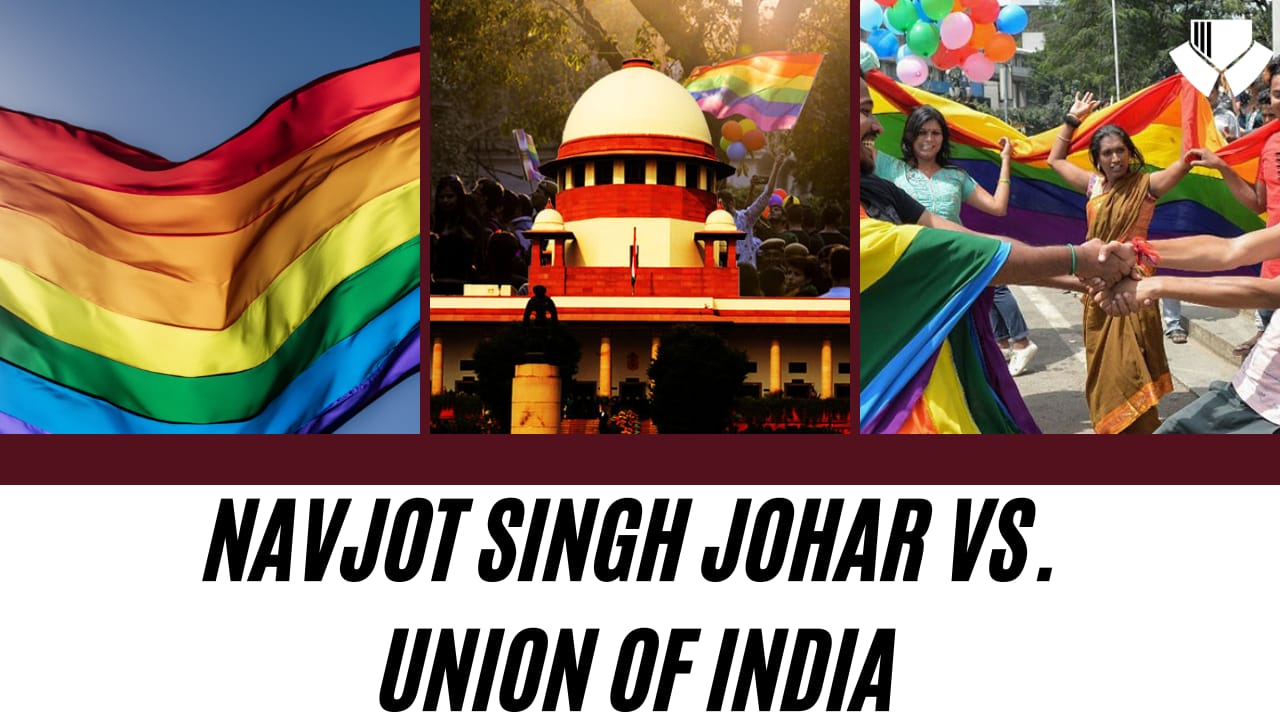This petition sought recognition of the right to sexuality, the right to
sexual autonomy and the right to choice of a sexual partner as part of
the right to life guaranteed under Article 21 of the Constitution of India.
The petition further sought declaration that Section 377 of the Indian
Penal Code, 1860 (IPC), which criminalised consensual sexual conduct
between adults, was unconstitutional. The Petitioners contended that
homosexuality, bisexuality and other sexual orientations were natural
variations of expression, and to criminalise these sexual orientations
would have the effect of violating the Constitution’s guarantees relating
to dignity and privacy.
Accepting these contentions, the Supreme Court found Section 377 to be
discriminatory towards the Lesbian, Gay, Bisexual and Transgender
(LGBT) community and noted that sexual orientation was an inherent
part of their identity, dignity and autonomy. On this basis, the Court
decided that Section 377 constituted a violation of the right to dignity,
privacy and sexual autonomy under Article 21, freedom of expression
under Article 19, the right to equality under Article 14, and
nondiscrimination under Article 15 of the Constitution.
Table of Contents
ToggleFacts
The primary issue in this case related to the constitutional validity of
Section 377 of the IPC, which dealt with “unnatural offences” and
criminalised “carnal intercourse against the order of nature”, insofar as it
impacted consensual same-sex relationships.
In 2009, Section 377 was held to be unconstitutional by the High Court
of Delhi in the Naz Foundation case, which was overruled by the
Supreme Court in Suresh Kumar Koushal.
The Petitioner, Navtej Singh Johar filed a writ petition before a three
Judge Bench of the Supreme Court in 2016 challenging its decision
in Suresh Kumar Koushal and the constitutionality of Section 377. The
matter was referred to the five Judge Bench considering the importance
of the issue.
Issue: –
Whether Section 377 of the Indian Penal Code, 1860 insofar as it
applied to consensual sexual conduct between adults was
unconstitutional and whether the judgment in Suresh Kumar Koushal
should be upheld or set aside.
The Court concluded that sexual orientation was natural, innate and
immutable. It held that the “choice of LGBT person to enter into intimate
sexual relations with persons of the same sex is an exercise of their
personal choice, and an expression of their autonomy and self
determination”. Further, although the LGBT community constituted a
sexual minority, they were equally protected under Part III of the
Constitution.
The five Judge Bench unanimously held Section 377 to be
unconstitutional and read down Section 377 to the extent it criminalised
consensual sexual conduct between adults, whether of the same sex or
otherwise, in private. However, the Court clarified that consent must be
free, voluntary and devoid of any duress or coercion.
Moreover, the Court used the maxim “et domus sua cuique est
tutissimum refugium” which translates to “a man’s house is his castle”
to hold that Section 377 was disproportionate and unreasonable for
restricting LGBT persons’ right to freedom of expression and choice as
the restrictions did not protect public order, decency or morality.


One Response
Very good content